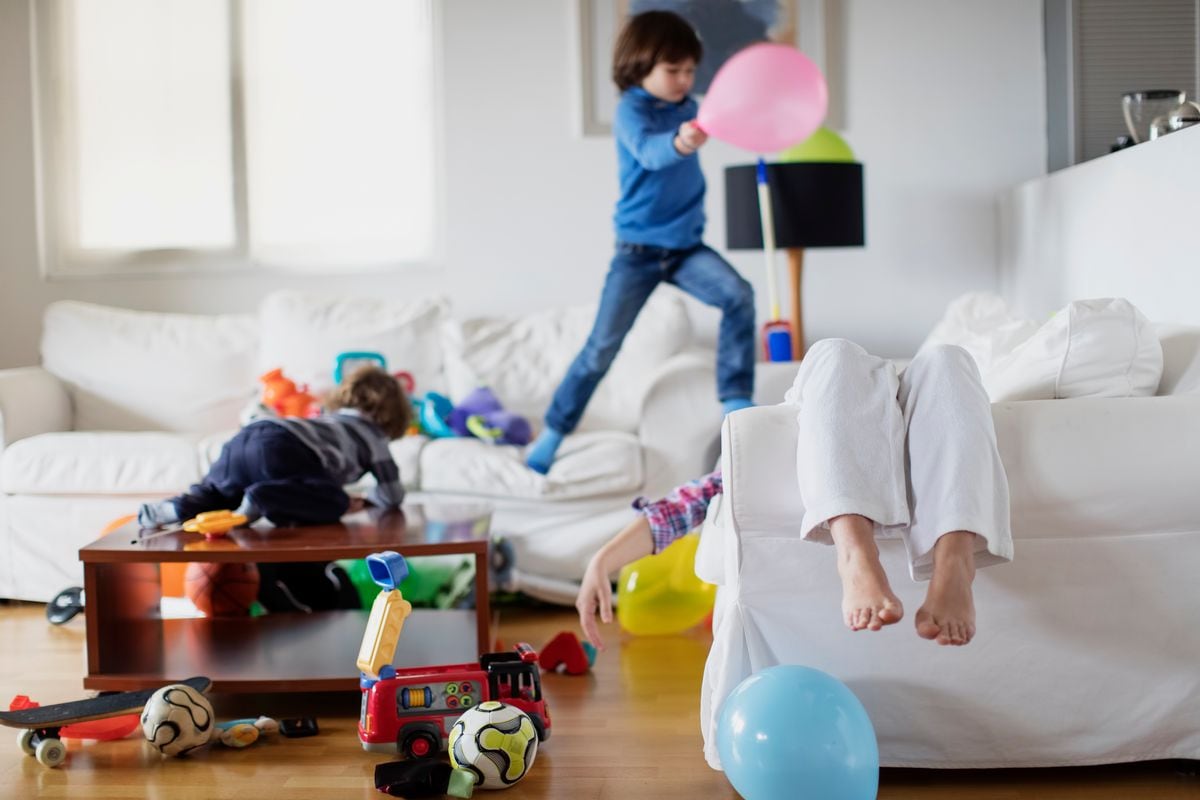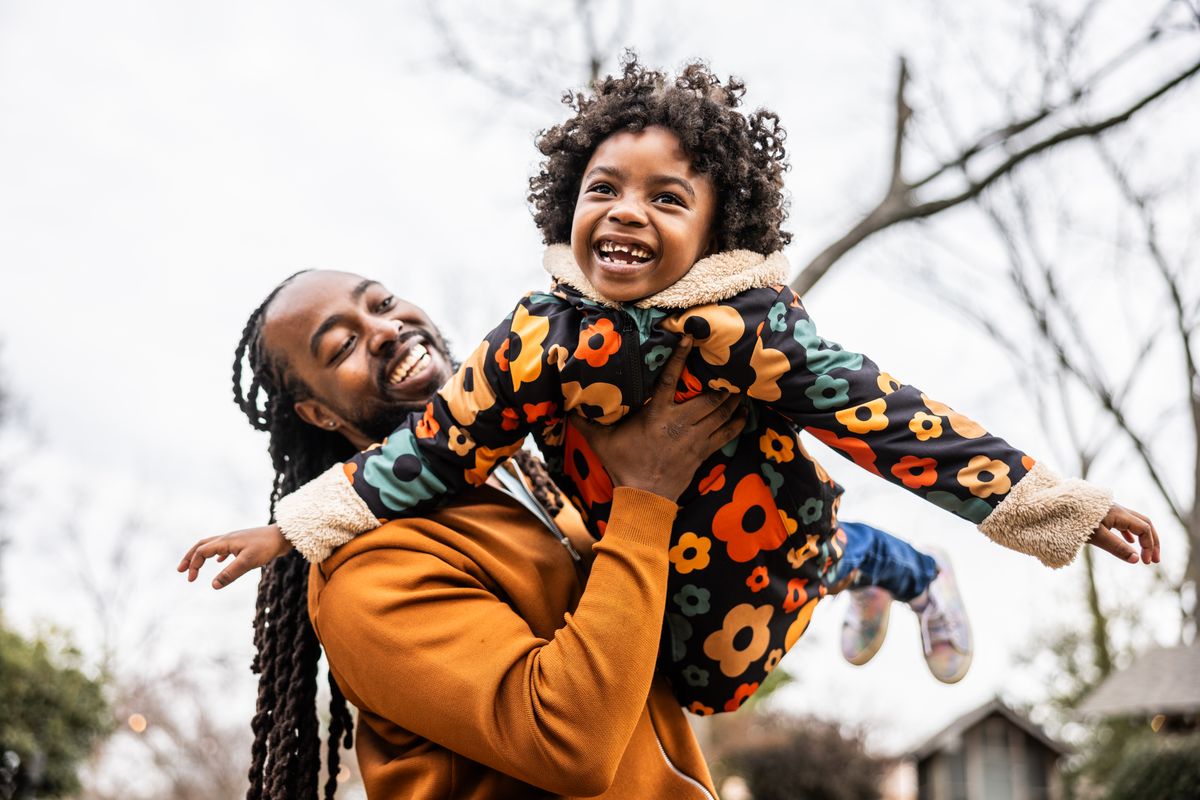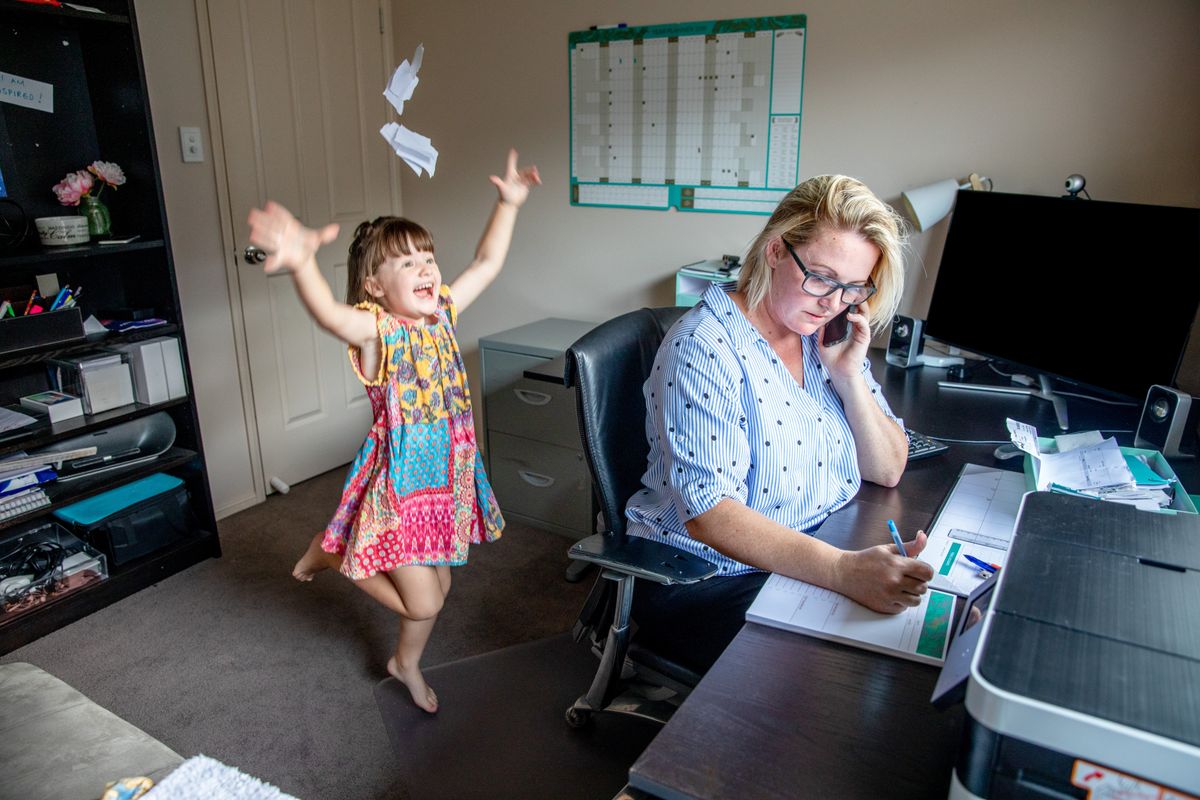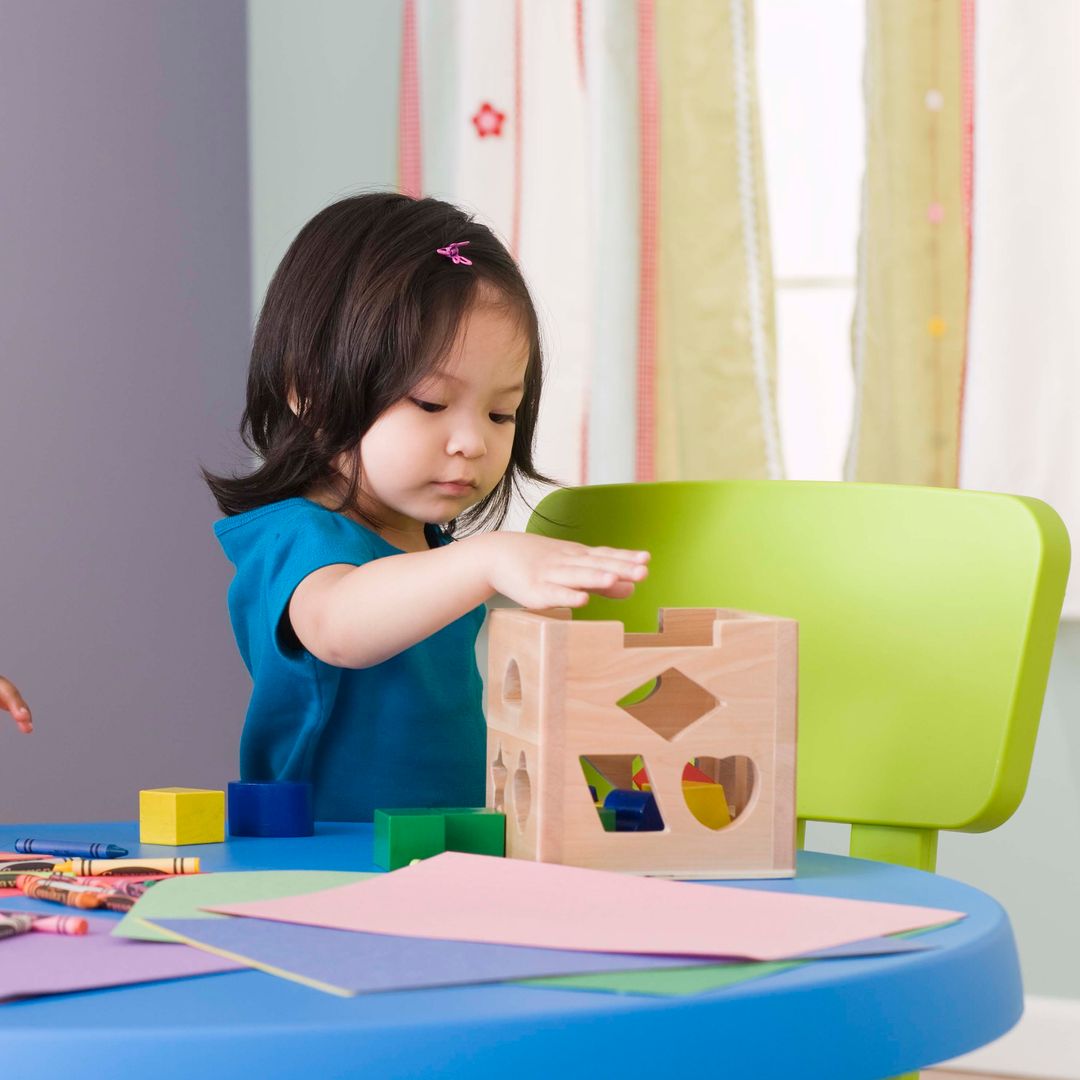Parenting trends are like fashion cycles; they swing from one extreme to the other. After decades of "helicoptering" and "snowplowing," where parents hovered or bulldozed obstacles out of their kids' way, a new approach is making noise online—FAFO parenting.
The acronym stands for "F*ck Around and Find Out"*, but beneath its bold name, experts say it's just a rebrand of a much older idea: letting kids experience natural consequences.
So, what's driving this trend, and how do parents use it without swinging too far in the other direction?
What FAFO Parenting Actually Means
"FAFO parenting is resonating right now, as many parents are extremely overwhelmed," says Kelly Oriard, Family Therapist and Chief Therapeutic Officer at Slumberkins. "It provides overwhelmed parents with an escape route that takes the pressure off them and puts more accountability and pressure on their child to rise to the occasion."
Oriard points out that while the term is new and edgy, the principle behind it isn't. It's essentially a modern repackaging of "natural consequences," an approach popularized in parenting books for decades and comparable to "Love and Logic," which gained traction 10–20 years ago.
In simple terms, FAFO means letting kids test the waters and experience the outcomes of their decisions—good or bad.
How It Differs from Helicopter and Gentle Parenting
Parenting labels can get messy. Oriard explains to HOLA!:
- Helicopter parenting is about rescuing or micromanaging, often preventing failure altogether.
- Gentle parenting emphasizes emotional connection and boundaries but has been mistakenly conflated with permissiveness.
- FAFO parenting intersects with gentle parenting when rooted in safety and connection, but its edge lies in allowing children to "find out" through real-life consequences.
Caitlin Severin, Marriage and Family Therapist and co-founder of CultivaTeen Roots, sees FAFO as "an extension of gentle parenting" when applied thoughtfully. "While gentle parenting focuses on feelings and communication, FAFO adds the layer of natural consequences to support independence," she explains.
When FAFO Works—and When It Doesn't
Oriard gives clear examples:
- Appropriate FAFO: A child forgets lunch and feels hungry, or a teen misses a deadline and gets a low grade. These teach accountability without a parent swooping in.
- Inappropriate FAFO: A toddler hitting out of frustration. Young children aren't ready to process natural consequences independently; they need guidance and co-regulation.
The sweet spot lies in the "stretch zone" rather than the "panic zone." Kids need challenge, not abandonment.
Why It's Trending Now
Parents today are exhausted. Between work, digital overload, and the pressure to "do it all," many are craving a model that balances support with accountability. "FAFO may feel like a return to common sense," says Oriard, "but it also liberates parents from the endless burden of protecting their children from discomfort."
Dr. Matthew Zakreski, PsyD, of The Neurodiversity Collective, agrees that it's a response to helicopter parenting. "You're trying to find a middle ground between overbearing and ignoring," he says. "It's about instructing your kid not to do something and acknowledging there will be repercussions."
What Kids Gain
When handled with care, FAFO parenting can build:
- Resilience: Learning that discomfort is not the enemy.
- Problem-solving skills: Kids practice finding solutions, not waiting for rescue.
- Confidence: They see that they can manage challenges.
But there's a caveat. "If it's delivered with confidence that your kid has the skills to figure it out, then yes, this can lead to strong, independent kids," says Severin. "If it's delivered with sarcasm, then resentment and distrust are likely to build."
Special Considerations for Age and Neurodiversity
FAFO is best suited for school-age kids and teens, who have developed more emotional regulation and reasoning. For toddlers, consequences without support can feel like abandonment.
And for neurodivergent children, Oriard stresses that scaffolding and extra emotional support are key: "Students with ADHD may need more reminders before a natural consequence feels real to them. That doesn't mean they can't learn accountability—it just looks different."
Experts agree that FAFO is often misunderstood. It's not cold or disengaged. Done right, it's paired with presence and empathy. It also does not oppose gentle parenting; both share the foundation of connection and boundaries.
How Parents Can Start
Oriard suggests starting small. Allow low-stakes consequences, like forgetting a homework assignment. Stay emotionally close while resisting the urge to fix. Model humility if you "swoop in" too soon—own the mistake and reset.
"Letting go does not equal disconnecting," Oriard says. "It's trusting your child's capacity while staying available for support."
If done with intention, FAFO could shape a different generation, one that's adaptable, self-reliant, and compassionate. "The key is pairing natural consequences with emotional presence," says Oriard. "That's how we raise kids who are confident in themselves and considerate of others."
FAFO parenting might sound edgy, but it's less about tough love and more about trusting kids to learn from life. It's a balance of stepping back without walking away.
Modern Mami is a parenting and lifestyle column by ¡HOLA! Senior Writer Shirley Gómez, a Latina millennial mom raising a toddler. Focused on the realities of modern motherhood through a Latina lens, the column covers topics ranging from wellness and culture to parenting tips and expert advice.










